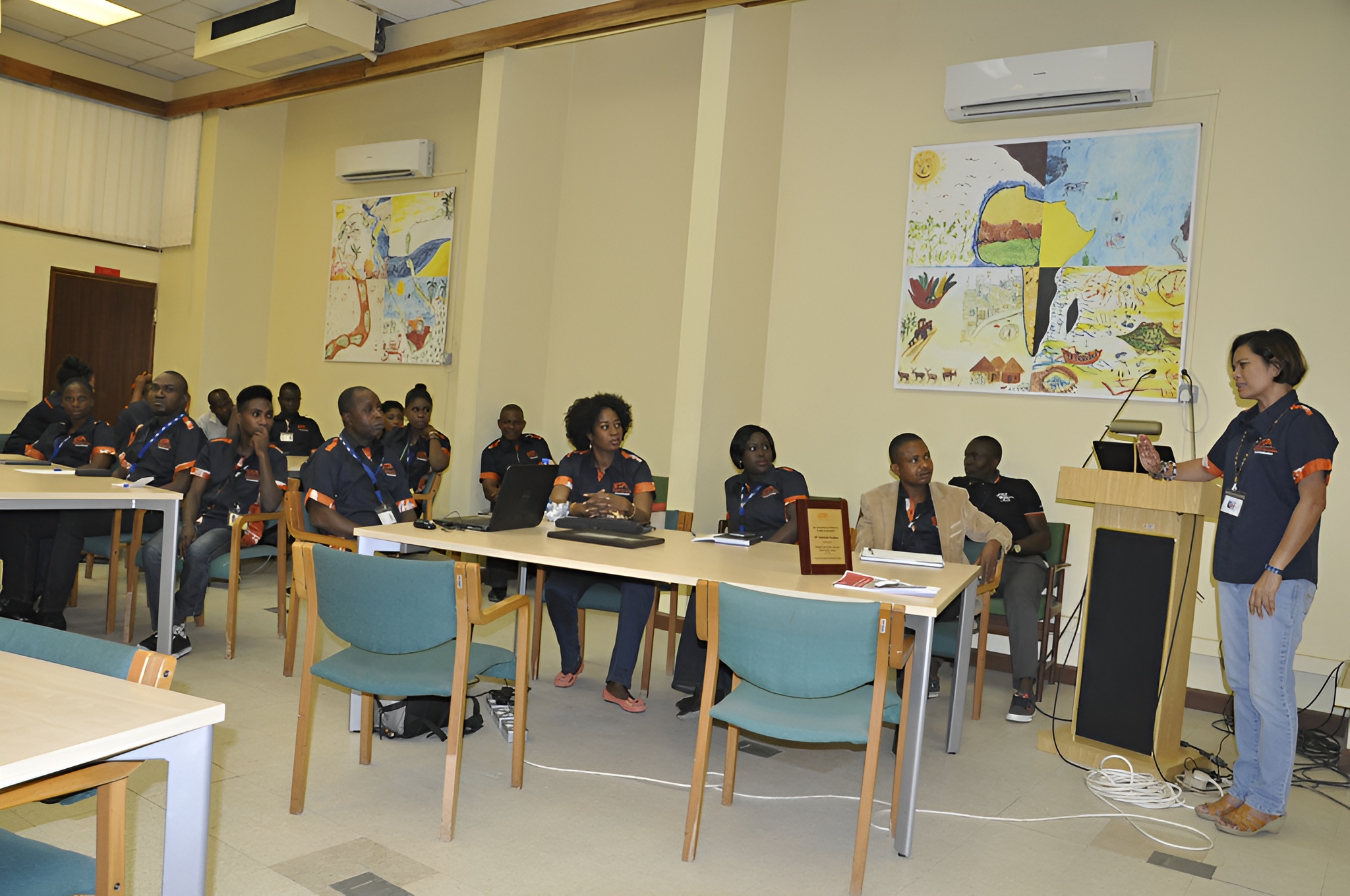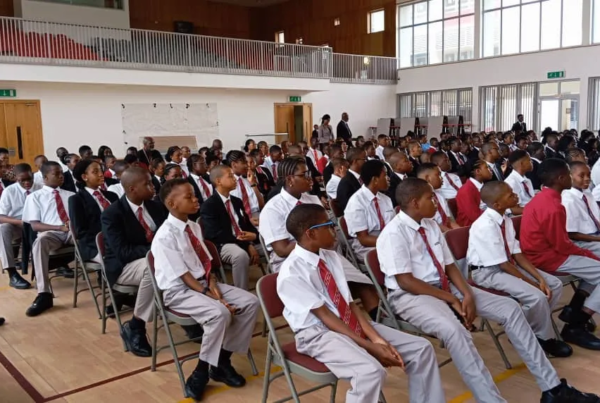In Nigeria today, one of the most common frustrations for parents seeking new schools for their children is the lack of transparency around school fees. Unlike in some countries where tuition and other charges are boldly listed on school websites or brochures, most Nigerian schools, especially private schools, prefer to keep this information under wraps.
Parents often have to make several calls, book physical visits, or even sit through full admission interviews before being told how much they are expected to pay. This deliberate secrecy is not accidental; it reflects a combination of cultural norms, business strategies, and competitive pressures that shape the private education sector.
Understanding why schools are reluctant to disclose their fees publicly helps parents navigate the enrollment process with more realistic expectations and also sheds light on how education is marketed in Nigeria today.
The Best Nigerian Schools Team conducted research and was able to establish a few key reasons that contribute to this:
1. Competitive Advantage & Market Positioning:
Schools see fees as part of their brand positioning. If they share openly, competitors can easily adjust their pricing to undercut or match them. They prefer parents to first “buy into” their facilities, values, and prestige before seeing the cost.
2. Fear of Scaring Prospective Parents Away:
Some schools charge very high tuition, and displaying it openly may discourage parents before they get a chance to experience the school’s quality or negotiate flexible payment options. On the other hand, mid- or low-cost schools may fear being seen as “cheap” compared to rivals.
3. Flexibility in Pricing:
Fees can vary depending on grade level, extra services (transport, meals, uniforms, extracurriculars), or even discounts for multiple siblings. By keeping fees private, schools can adjust pricing on a case-by-case basis.
4. Cultural & Social Perception:
In Nigeria, conversations about money, especially education costs, can sometimes carry social stigma. Expensive schools may be viewed as elitist; cheaper schools may be perceived as “inferior.” Many schools avoid scrutiny by not putting figures in the public domain.
5. Encouraging Direct Engagement:
Schools often use fee inquiries as an entry point to start conversations with parents, showcase their facilities, and build relationships. They know that once parents visit, they are more likely to enroll, even if the fees are higher than expected.
Unlike some countries where fee disclosure is mandatory, Nigeria doesn’t enforce such transparency. Schools are free to decide what to share.
In summary: most schools withhold fees because it gives them control over perception, flexibility in negotiation, and a stronger chance to convince parents on value before cost.




